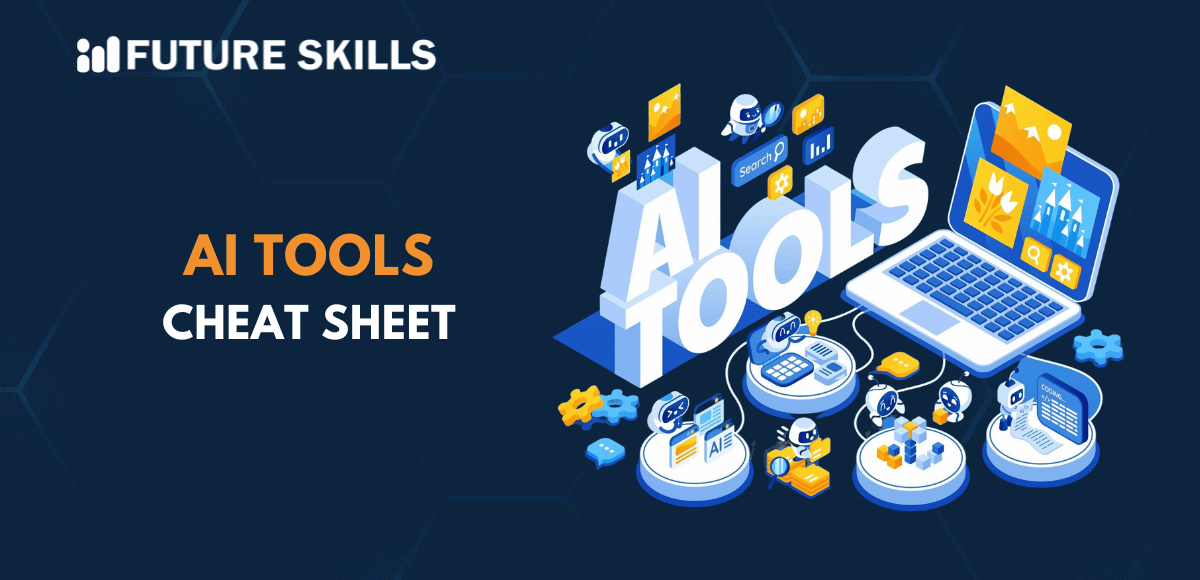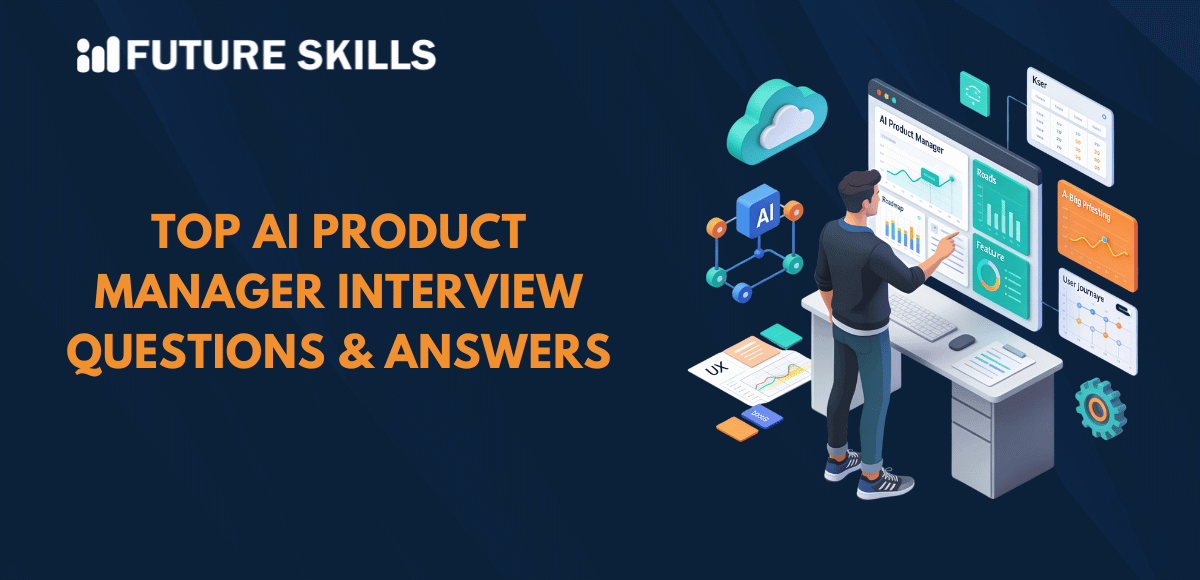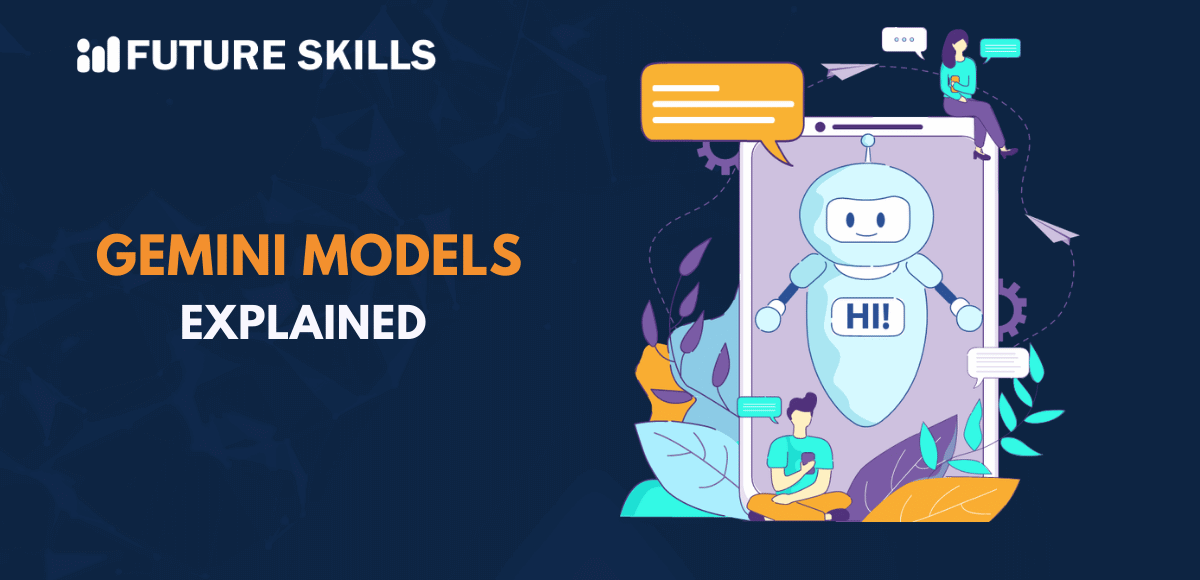The applications of AI for businesses have changed the traditional definitions of the working of businesses. Companies want to learn about the role of artificial intelligence in business and use AI in business operations. Businesses want to save money and boost efficiency alongside offering new insights and developing new markets. AI-based business applications could improve customer service, enhance cybersecurity, free up human resources from repetitive tasks, increase sales, and optimize supply chains.
Business leaders want to capitalize on the benefits of AI in business across different areas of operations. On the other hand, businesses should also encounter challenges in adoption of AI, such as adaptability to the rapid advancements in AI research. You could find multiple AI use cases, thereby creating confusion for businesses regarding the applications for which they can adopt AI. The following post attempts to offer an answer with a detailed explanation of how AI affects the business world.
Level up your AI skills and embark on a journey to build a successful career in AI with our Certified AI Professional (CAIP)™ program.
Fundamentals of AI and How It Works
The first thing you need to use AI for business is a clear understanding of how artificial intelligence works. It is important to note that automation has not reached many operations of a business. However, intelligence is a vital requirement for almost every task in a business. Intelligence refers to the ability to obtain or develop knowledge and use it to achieve desired outcomes from a task.
The action or activity for using intelligence focuses on specific conditions of the task rather than following a conventional workflow. Artificial intelligence focuses on getting the same work done by a machine. Interestingly, you can find multiple definitions of artificial intelligence, depending on the perspectives of explanation.
One of the common definitions of artificial intelligence paints it as a computerized system capable of exhibiting behavior that focuses on acquiring intelligence. The review of impact of AI in business emphasizes the necessity of describing AI as a system with capabilities for rational problem-solving.
It can also help in taking the appropriate actions for achieving goals in real-world circumstances. The working of artificial intelligence can provide more clarity regarding the prospects for utilizing AI in business use cases. Here are the three cognitive skills you would come across in the foundations of AI programming.
-
Learning
The learning aspect in AI programming emphasizes the acquisition of data and the creation of rules for transforming data into actionable insights. Most of the references for AI in business examples would help you understand how rules in AI systems or algorithms can offer step-by-step instructions for completing the task. The algorithms would help the computing systems and machines learn about the steps for completing the concerned task.
-
Reasoning
The next important highlight in the working of AI would point to reasoning, which defines the abilities of AI systems to identify suitable algorithms. Reasoning involves the selection of algorithms for a specific context from a collection of algorithms.
-
Self-correction
Another pointer in the working of artificial intelligence for businesses is self-correction. It emphasizes the ability of artificial intelligence to ensure progressive developments and tuning to achieve the desired goals.
Level up your ChatGPT skills and kickstart your journey towards superhuman capabilities with Free ChatGPT and AI Fundamental Course.
Importance of Artificial Intelligence in Business
The introduction to AI use cases for businesses would also demand insights into the significance of AI in business applications. You can find answers to “How artificial intelligence is used in business?” by reflecting on the reasons why businesses need AI in the first place.
The research firm IDC has predicted that the volume of data generated all over the world will reach almost 175 billion terabytes by 2025. How is the exponential growth of new data generated worldwide related to businesses? The emphasis of companies on data-driven decision-making suggests viable opportunities for leveraging the massive growth in data.
The massive data sets can serve as the raw material for generating in-depth business intelligence to fuel improvement in current business operations. Emerging possibilities for the use of artificial intelligence in business emphasize the prospects for obtaining in-depth business intelligence. Businesses can use the insights extracted from massive volumes of business data to improve existing business functions or create new areas of operations for their business.
Businesses would miss many opportunities without AI as it plays a synergetic role alongside big data for ensuring business success. For example, deep learning helps in processing large data sets for identifying relevant patterns and correlations in big data. Furthermore, the artificial intelligence impact on business would also point to the abilities of AI to make relevant, valuable predictions. Cloud computing environments have emerged as promising choices for helping AI applications with computing power for big data processing and management.
Enroll now in the AI for Business Course to understand the role and benefits of AI in business and the integration of AI in business.
How Will Businesses feel the Impact of AI?
The importance of AI for businesses in the 21st century is the same as that of electricity for businesses in the early 20th century. The introduction of electricity transformed multiple industries, such as manufacturing, and created new industries, such as mass communication. You can understand the impact of AI in business use cases would be strategic in nature.
The consistently expanding scale, complexity, dynamism, and scope of the business environment can be a difficult challenge for business owners. As of now, people believe that the impact of artificial intelligence depends on its ability to automate and improve jobs, which are usually managed by humans.
It is important to note the formidable improvements in the productivity of labor by utilizing artificial intelligence. AI could grow continuously throughout the future and would offer more productivity than existing workplace automation tools. The role of artificial intelligence in business would not only drive automation but also offer the most efficient recommendations for completing specific tasks. Artificial intelligence could also help in the modification of workflows to adapt to changing circumstances without massive disruption.
Some of the notable applications of artificial intelligence in business use cases also draw attention to the augmentation of human work. For example, the benefits of AI in business show how it works across different fields. In the case of healthcare, AI can help doctors in ensuring faster diagnosis of health conditions.
On the other hand, artificial intelligence also helps call center workers in dealing with customer complaints and queries more effectively. Furthermore, artificial intelligence applications for businesses would also help in improving cybersecurity by ensuring automated responses to security threats. Banks have been working on use cases of AI for faster loan processing alongside introducing AI applications for ensuring compliance.
Excited to understand the crucial requirements for developing responsible AI and the implications of privacy and security in AI, Enroll now in the Ethics of Artificial Intelligence (AI) Course
Advantages of Artificial Intelligence for Business
The outline of different AI in business examples with real-world use cases points to the multiple value advantages. As a business owner, you must familiarize yourself with the uses of artificial intelligence and how they help a business. Interestingly, the majority of companies want to utilize AI for the optimization of their existing operations rather than introducing new business models.
The different improvements in efficiency and productivity expected by businesses are the primary reasons for the growing adoption of AI in business. Let us find out how AI can serve promising advantages for business use cases.
-
Improvement in Customer Service
Artificial intelligence can not only improve the speed of delivering customer service but also ensures personalization of customer service. Businesses can rely on AI to reach their customers on a personal level, thereby building stronger connections with them.
-
Improved Product Development
Another significant value advantage of AI for business operations refers to the use of AI for shorter development cycles. Artificial intelligence can help in reducing the time gap between the design or conceptualization phase and commercialization to achieve faster ROI improvements.
-
Business Model Innovation
The most undermined aspect of the value of artificial intelligence for businesses is the potential of AI for fuelling innovation. You should take the examples of digital natives, such as Amazon, Uber, Airbnb, and others, to understand how they utilize AI for new business models. On the other hand, traditional organizations are likely to encounter significant setbacks in adopting AI-powered transformation of business models.
-
Better Quality and Talent Management
The responses to “How artificial intelligence is used in business?” also reflect on the benefits of improvements in quality. At the same time, AI could also ensure effective results for talent management. Businesses that adopt AI look for a reduction of errors alongside improving adherence to regulatory compliance standards. Machine learning can also play a crucial role in reducing costs and errors in financial reconciliation procedures.
The applications of artificial intelligence for talent management focus on simplifying the hiring process and removing bias from corporate communications. The developments in natural language processing and speech recognition in AI also provide better opportunities for personalizing interactions with job applicants.
-
Real-time Monitoring
Another notable addition among the benefits of the use of artificial intelligence in business points to the assurance of real-time monitoring. Artificial intelligence can process data in real time, thereby implementing almost instant monitoring.
Therefore, AI can help businesses in tracking all their operations. For instance, machine learning models and image recognition software could serve as promising improvements in quality control processes on factory floors. AI applications could help in monitoring all stages of the production process and flagging pressing concerns.
Become a certified ChatGPT expert and learn how to utilize the potential of ChatGPT that will open new career paths for you. Enroll in Certified ChatGPT Professional (CCGP)™ Certification.
What are the Challenges in Adopting Artificial Intelligence for Business?
The applications and advantages of AI for enterprise use cases show that artificial intelligence is a revolutionary force for businesses. However, it is also important to note the risks associated with the applications of artificial intelligence in the field of business. Why should you learn about the risks of AI in business use cases?
If you want an unbiased representation of artificial intelligence impact on business, you should also know about the challenges. For instance, workers in a business are more likely to shun the possibility of adopting AI due to mistrust. Employees can fear AI as a tool that would take up their jobs.
It is important to note that the fear of workers about AI applications in businesses is not based on flimsy narratives. Reports have pointed out that automation could take away 36 million jobs in the next decade. Some of the top jobs which are likely to be replaced by AI include roles in office administration, transportation, and production.
On top of that, industry experts believe that AI-based automation will affect some aspects of almost every job by 2030. At the same time, it is important to note that AI generated 500,000 more jobs than the number it eliminated in 2025. The other notable challenges for the adoption of AI in businesses would include the following.
-
Errors in Artificial Intelligence
Artificial intelligence could help in the elimination of human error. However, poor training data and problematic data for algorithms can lead to errors in AI applications. The different AI in business examples showed how small errors in training data of AI models could lead to massive losses. For example, human error could affect 30 or 50 transactions handled by a human employee. On the other hand, an AI system could address millions of transactions in a day, thereby magnifying the impact of errors.
-
Risks of Losing Important Skills
The threat of dependence on AI to an extent where humans forget essential skills is also a pressing concern. You cannot imagine the future of AI in business operations without human intervention to an extent. For example, experts have pointed out that the recent crashes of Boeing 737 Max Jets might be due to the lack of basic flying skills among pilots. Therefore, businesses should identify the important skills they want to preserve for their human workforce.
Conclusion
The implications for the adoption of AI in business use cases shed light on the benefits of AI in business and its value. Artificial intelligence helps businesses capitalize on the massive volumes of data they generate every day. The use cases of AI could help in offering personalized services to customers alongside improving the efficiency of all business operations.
For example, faster decision-making with insights extracted by AI tools can offer opportunities to save costs and time. Furthermore, business owners must pay attention to the emerging challenges in the adoption of AI for their desired use cases. Learn more about the significance of AI for every modern business.





